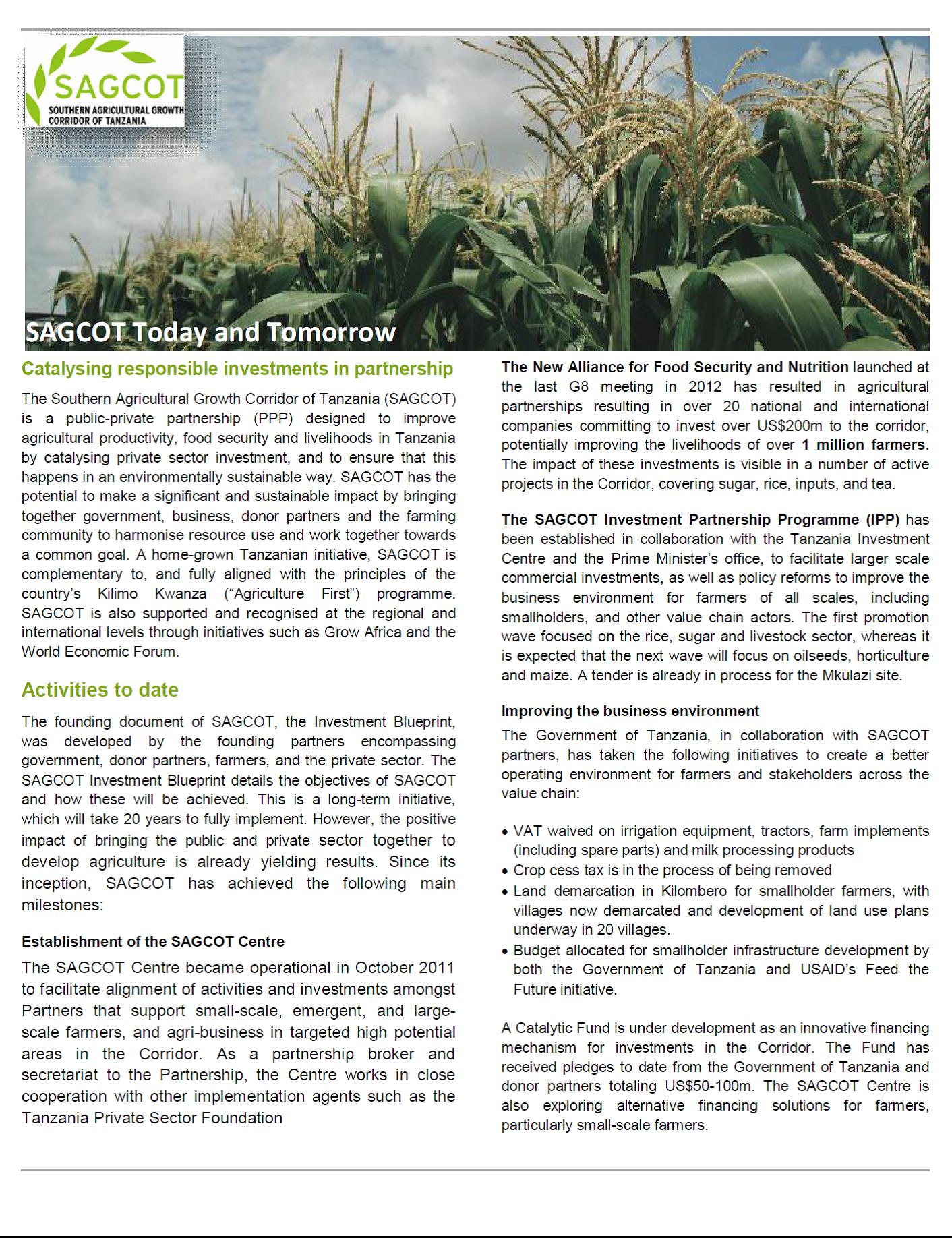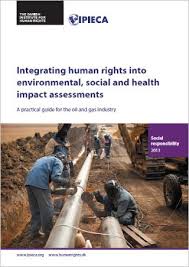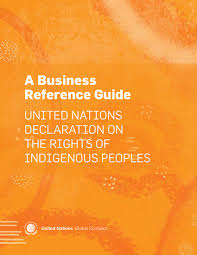Land Titles, Investment, and Agricultural Productivity in Madagascar : A Poverty and Social Impact Analysis
This report examines the question of
land titling in Madagascar, a country where modern and
informal tenure systems coexist and overlap to a significant
extent. The report reviews three main arguments for land
titling and their relevance for Madagascar in order to
provide policy implications and evaluations. The first is
that land titling serves as protection against
expropriation. Second, titles may also facilitate land






